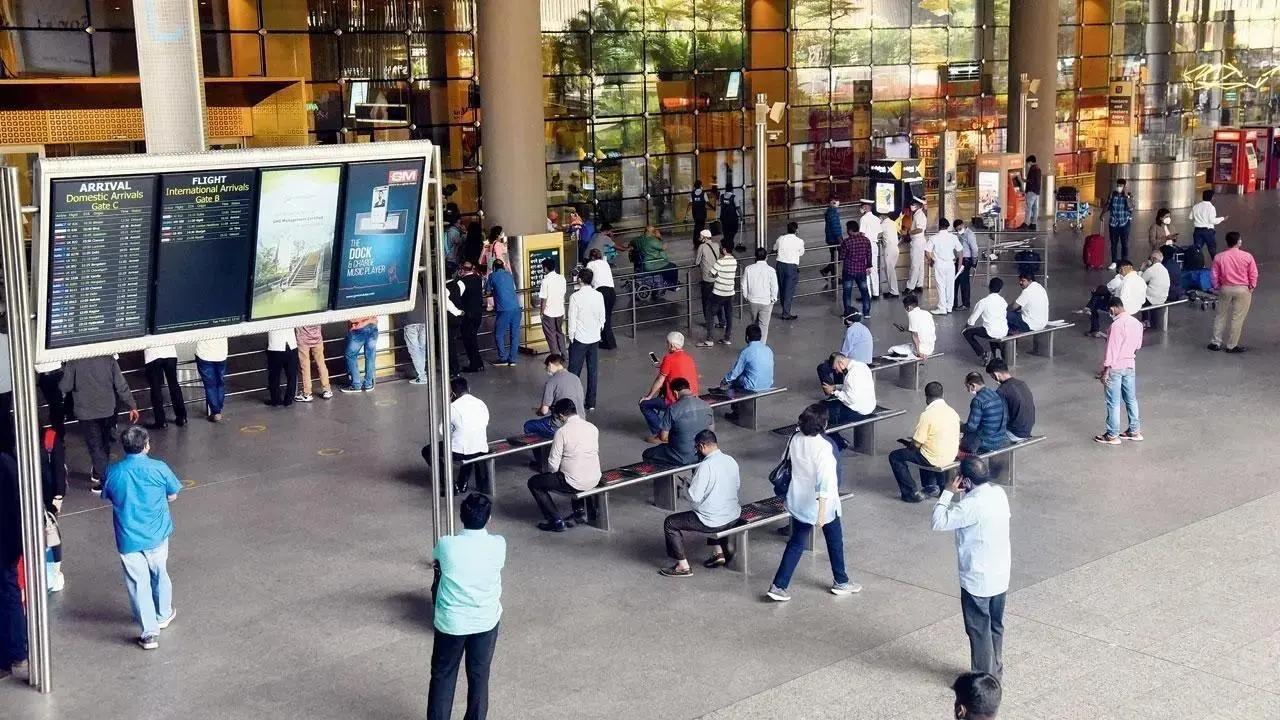CSMIA announces flight schedule for summer, 8 pc surge in weekly movements

Chhatrapati Shivaji Maharaj International Airport (CSMIA) in Mumbai has announced its summer schedule for 2024, showcasing an 8 per cent surge in weekly flight movements compared to the previous year.
Effective from March 31st, 2024, until October 26th, 2024, the enhanced schedule aims to cater to the escalating demand for both domestic and international travel, benefiting travelers from Mumbai and nearby cities. Meanwhile, experts raise concerns about the already delayed flights at the CSMIA claiming that the surge in weekly flight schedule will increase load on the existing infrastructure and Air Traffic Controllers (ATC).
“The summer schedule will witness an increase in services to international destinations, including Paris, Doha, and Hanoi, alongside the introduction of a new route to Tashkent. This expanded connectivity is set to offer passengers improved travel options and greater convenience. With travel gaining momentum in India, CSMIA is poised to serve passengers with an enhanced flight schedule, featuring 951 daily movements, up from approximately 882 in the previous summer schedule of 2023. The airport will observe a notable hike of over 8 per cent in weekly flight operations in 2024 compared to 2023, with over 6,657 movements weekly,” said a spokesperson from CSMIA.
“The summer schedule will also see an increase in flight frequencies to various destinations, with notable rises in flights to Delhi, Srinagar, Ayodhya, and Kolkata, among others. To cater to the rising demand, CSMIA has crafted a schedule with 682 domestic and 269 international movements to various destinations, including the newly introduced routes. Vistara will operate five weekly flights to Paris, Akasa Air will fly to Doha 4 times weekly, and Uzbekistan Airways will connect to Tashkent twice a week. Vistara will also operate daily flights to Hanoi,” the spokesperson added.
However, concerns have been raised regarding the potential strain on infrastructure and air traffic control.
“At CSMIA, a significant bottleneck is caused due to the absence of parallel taxiways. The procedure of deploying planes for takeoff is slowed down when they congregate on a single taxiway from many terminals. This causes ground traffic and potential delays. On top of this, if the schedule has an 8% increase, the delays will be more as compared to previous delays. The airport is currently struggling with delays as it is,” an airline staffer told mid-day.
Captain Mohan Ranganathan, an aviation expert, highlighted additional factors contributing to delays.
“Apart from infrastructure and automation issues, inflated block times set by airlines and inadequate slot allocations have also played a role in the delays at the current schedule. Inflated block times refer to the extra time added to a flight`s schedule by the airlines to account for potential delays, but when consistently overestimated, can contribute to unnecessary delays,” he said.
“In preparation for the surge in passenger traffic, CSMIA has implemented a range of infrastructural enhancements to ensure a seamless experience through the airport,” said another spokesperson from CSMIA
According to the published schedule, IndiGo will operate 1,255 weekly departures, Air India will have 539, and Vistara will have 519. However, experts caution that unless addressed adequately, the increased flight volume could exacerbate existing challenges and lead to further delays at CSMIA.
“The total number of daily flight departures is at 951 according to the schedule which is below the limit assigned by the Ministry of Civil Aviation (MoCA). There might be delays from the controllers but the airport is increasing the schedule within the MoCA limits,” said an industry staffer.
Number of weekly departures according to new schedule:
IndiGo -1,255
Air India -539
Vistara – 519
Data source: CSMIA





